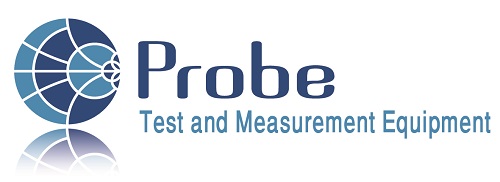Guide
Home » Guide
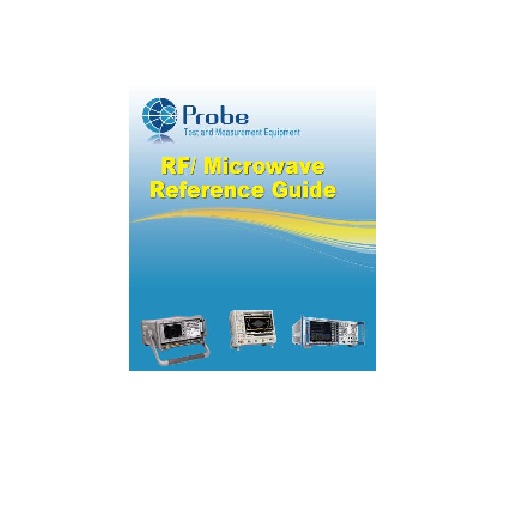
Engineering Reference Guide
Engineering Reference Guide מדריך למהנדס הרדיו והמיקרוגל לקבלת חוברת חינם בדואר אנא צור קשר בטלפון 054-2494331 או בדוא”ל
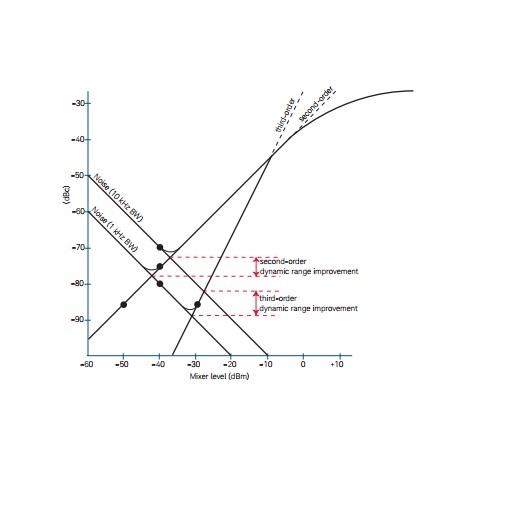
Signal Analysis Measurement Fundamentals
This application Note (By Keysight) will help you to:
1. Improve Measurement Accuracy in Each Test Setup
2. Balance the Tradeoffs when Setting Resolution Bandwidth
3. Increase Sensitivity When Measuring Low-Level Signals
4. Optimize Dynamic Range when Measuring Distortion
5. Accurately Isolate and Measure Bursts and Transients
6. Enhance Speed, Accuracy, Reliability with Measurement Applications
7. Identify Internal Distortion Products
8. Find and Measure Elusive Signals using Real-Time Analysis
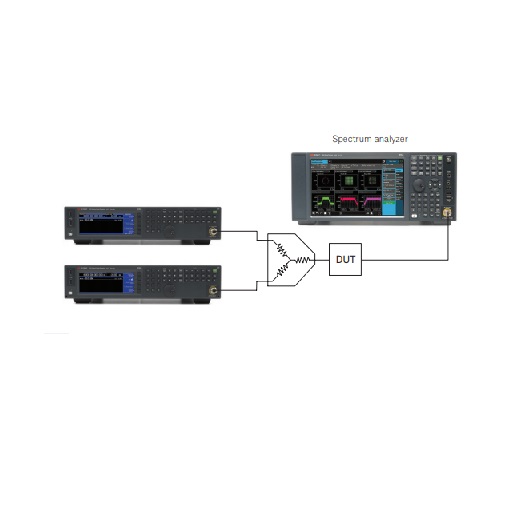
8 Hints for Making Better Measurements Using RF Signal Generators
This guide (By Keysight) helps you improve the accuracy of your measurements that involve using RF signal sources.
1. Improve source’s effective harmonic distortion
2. Increase power level accuracy
3. Improve frequency accuracy
4. Improve source match
5. Combine source outputs for TOI measurements
6. Extend the amplitude range
7. Optimizing for EVM and ACLR for LTE component testing
8. Select the optimum phase noise proile
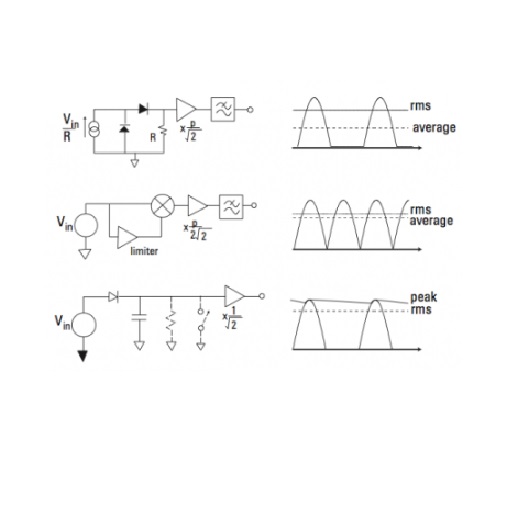
4 Steps for Making Better Power Measurements
4 Steps for Making Better Power Measurements Before you select a power meter and its associated sensors, make sure that you have taken the following
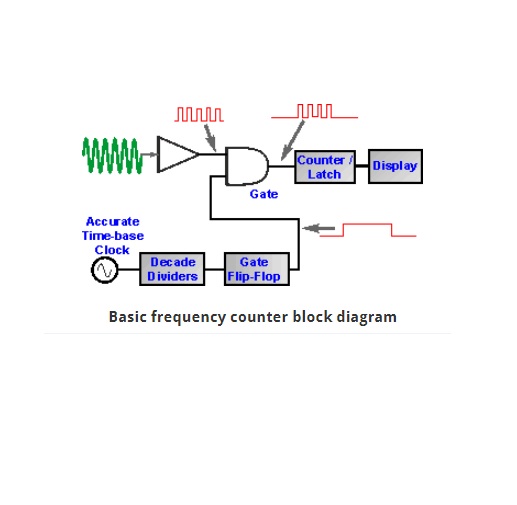
8 Hints for Making Better RF Counter Measurements
This application (by Keysight) will give you the 8 hints how to making better RF counter measurements
1. Understand the effects of counter architecture
2. Recognize the difference between resolution and accuracy
3. Schedule calibration to match performance demands
4. Choose the most appropriate timebase
5. Adjust sensitivity to avoid noise triggering
6. Configure your counter for low- frequency measurements
7. Smooth out jumpy displays
8. Use statistics to characterize signals
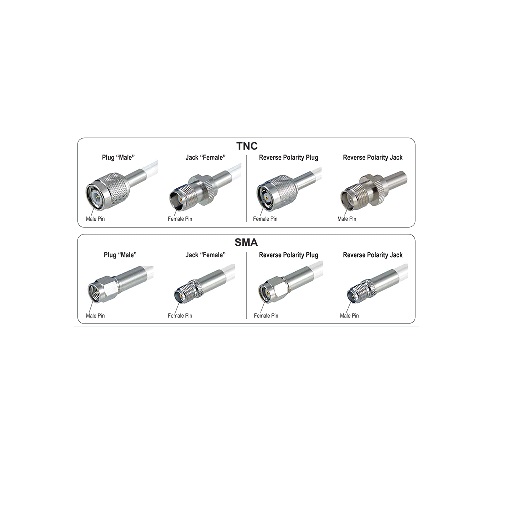
General Connector Information
Many coaxial connector types are available in the RF and microwave industry, each designed for a specific purpose and application. The following is a brief review (By Keysight) of common connectors used in test and measurement applications.
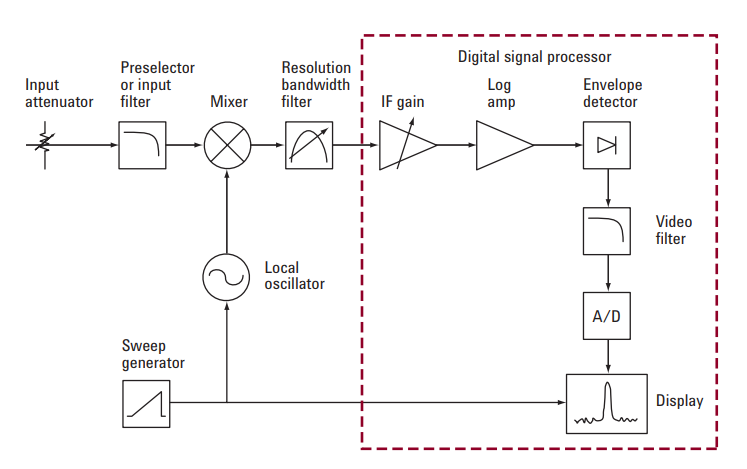
8 Hints for Making Better Spectrum Analysis Measurements
The spectrum analyzer, like an oscilloscope, is a basic tool used for observing signals. Where the oscilloscope provides a window into the time domain, the spectrum analyzer provides a window into the frequency domain. To get better spectrum analyzer measurements the input signal must be undistorted, the spectrum analyzer settings must be wisely set for application-specific measurements, and the measurement procedure optimized to take best advantage of the specifications. More details on these steps will be addressed in Keysight hints guide.
Hint 1. Selecting the Best Resolution Bandwidth (RBW)
Hint 2. Improving Measurement Accuracy
Hint 3. Optimize Sensitivity When Measuring Low-level Signals
Hint 4. Optimize Dynamic Range When Measuring Distortion
Hint 5. Identifying Internal Distortion Products
Hint 6. Optimize Measurement Speed When Measuring Transients
Hint 7. Selecting the Best Display Detection Mode
Hint 8. Measuring Burst Signals: Time Gated Spectrum Analysis
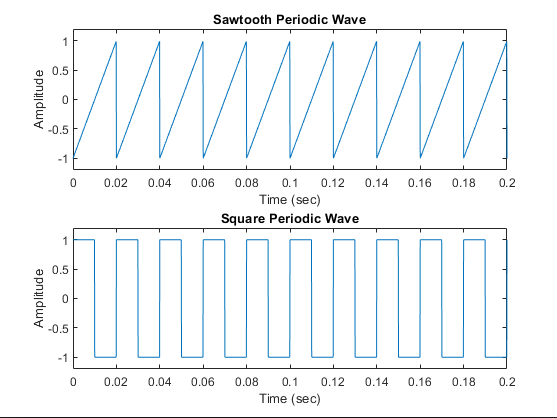
The Signal Generators
Signal sources provide precise, highly stable test signals for a variety of component and system test applications. Signal generators add precision modulation capabilities, and are used to simulate system signals for receiver performance testing. This guide, By Keysight, helps you improve the accuracy of your measurements that involve using RF signal sources. You may increase the accuracy of your data by using more than one of the hints in your test setup.
